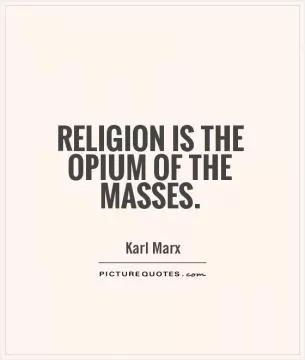Philosophers have hitherto only interpreted the world in various ways; the point, however, is to change it

Philosophers have hitherto only interpreted the world in various ways; the point, however, is to change it
Karl Marx, a renowned philosopher, economist, and revolutionary socialist, is often associated with the famous quote, "Philosophers have hitherto only interpreted the world in various ways; the point, however, is to change it." This statement encapsulates Marx's belief that philosophy should not merely be a passive exercise in understanding the world, but rather a tool for actively transforming it.Marx's philosophy was deeply rooted in the material conditions of society, particularly the economic relationships that shape human existence. He believed that the prevailing capitalist system was inherently exploitative, leading to the alienation of the working class and perpetuating inequality and injustice. In order to bring about a more just and equitable society, Marx argued that it was necessary to not only critique the existing social order but also to actively work towards its overthrow.
For Marx, philosophy was not just an intellectual pursuit but a call to action. He believed that philosophers had a responsibility to use their insights to challenge the status quo and advocate for social change. This is evident in Marx's own work, particularly in his collaboration with Friedrich Engels on "The Communist Manifesto," where they called for the working class to rise up against their oppressors and establish a classless society based on common ownership of the means of production.
Marx's emphasis on praxis, or the unity of theory and practice, is central to his philosophy. He believed that true knowledge could only be gained through active engagement with the world, and that philosophy should be a tool for empowering individuals to transform their own circumstances. By combining critical analysis with revolutionary action, Marx sought to inspire people to take control of their own destinies and create a more just and equitable society.












 Friendship Quotes
Friendship Quotes Love Quotes
Love Quotes Life Quotes
Life Quotes Funny Quotes
Funny Quotes Motivational Quotes
Motivational Quotes Inspirational Quotes
Inspirational Quotes